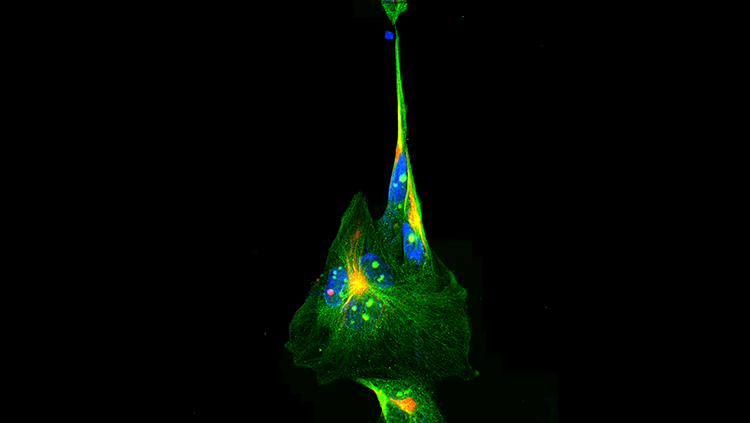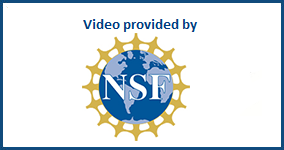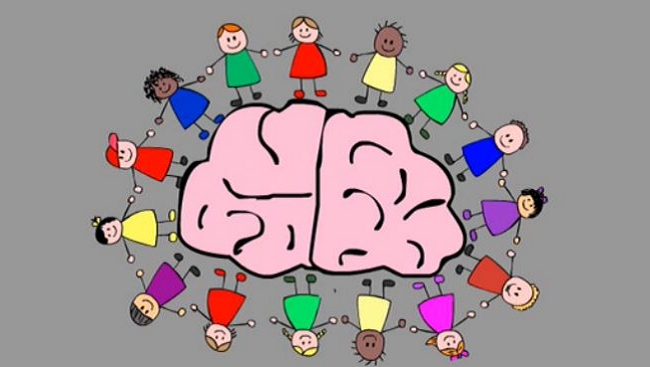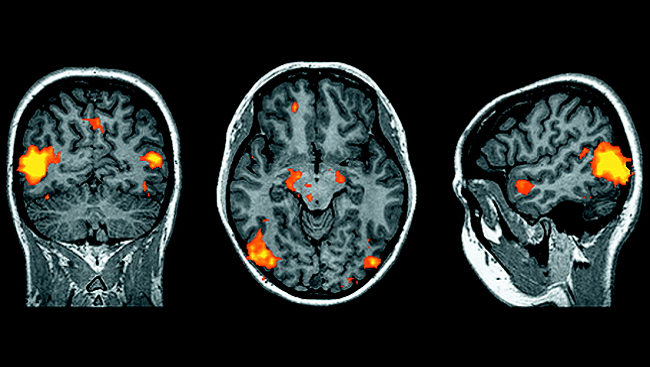BrainFacts.org Launches
- Published7 May 2012
- Reviewed7 May 2012
- Source BrainFacts/SfN
NEW WEB SITE, BRAINFACTS.ORG, LAUNCHES TO HELP PUBLIC WORLDWIDE DISCOVER, DISCUSS PROGRESS AND PROMISE OF BRAIN RESEARCH
For immediate release.
Nonprofit site to provide accurate information and educator resources to support growing public fascination with the “wonders of the brain and mind,” help dispel “neuromyths”
Washington, DC — A new Web site launching today, BrainFacts.org, offers a new way for people of all ages to learn more about how the brain works, how it drives thought and behavior, and its role in brain diseases and disorders. BrainFacts.org, a public information initiative of The Kavli Foundation, the Gatsby Charitable Foundation, and the Society for Neuroscience (SfN), features nearly 1,000 accessible, scientifically reviewed resources about the brain and mind. The Gatsby and Kavli Foundations generously donated a total of $1.53 million over six years to build and sustain BrainFacts.org.
“Brain research is a scientific field rich with exciting discoveries, profound unknowns, and critical implications for individuals, families, and society,” said SfN President Moses Chao, PhD. “BrainFacts.org plays a vital role by sharing the excitement and importance of neuroscience discovery in ways everyone can understand. We are grateful to The Kavli Foundation and the Gatsby Charitable Foundation for their generosity and partnership on this important effort that is at the heart of SfN’s mission,” Chao said.
At BrainFacts.org, visitors can navigate user-friendly topic centers that include science articles, multimedia, research discussions, learning tools, and more. Parents and teens can explore how the brain develops and factors influencing that development; family members can discover more about underlying causes of diseases and disorders affecting loved ones; and policymakers and concerned citizens can learn more about the scope of neuroscience research worldwide. Emerging tools and technologies, as well as decision-making about the responsible use of animals in research, are also explored. Social media resources engage the public and, as the site develops, blogs for interactive discussion with the public and other features will be added.
“With BrainFacts.org, the Gatsby Charitable Foundation seeks to ensure that accurate information about the brain and nervous system is available to the public, educators, and policymakers worldwide, without boundaries or borders,” said Lord Sainsbury of Turville, the Settlor of the Gatsby Charitable Foundation.
“BrainFacts.org is a vital new platform to educate and engage the public about the brain,” said Fred Kavli, Founder and Chairman of The Kavli Foundation. “Strengthening public knowledge of the brain enables people to better understand themselves, and that awareness translates to informed decision-making and better human health. In addition, the site serves as an invaluable public resource for sharing exciting developments in brain research and highlighting the value of basic research in everyday life.”
Recognizing that exceptional public information material is created in research organizations around the globe, BrainFacts.org features content both from its Founding Partners and six initial Content Partners on launch – the Dana Foundation; the Canadian Institutes of Health Research — Institute of Neurosciences, Mental Health and Addiction; the International Brain Research Organization; the National Institute of Mental Health, the National Institute of Neurological Disorders and Stroke; and the Wellcome Trust. Additionally, the site features a dedicated discussion about the role of responsible animal research in advancing scientific understanding of diseases and potential treatments, and explains the oversight of such research. This work was funded with a generous grant from the Esther A. and Joseph Klingenstein Fund.
The site is guided by an international Editorial Board of leading neuroscientists from four countries, led by Editor in Chief Nicholas C. Spitzer, PhD, Distinguished Professor of Biological Sciences at the University of California, San Diego, and co-director of the UCSD Kavli Institute for Brain and Mind. Other board members include Allan I. Basbaum, PhD, University of California, San Francisco; Judy L. Cameron, PhD, University of Pittsburgh; Sarah Dunlop, PhD, University of Western Australia; Kenneth S. Kosik, MD, University of California, Santa Barbara; Trevor W. Robbins, PhD, University of Cambridge; Terrence J. Sejnowski, PhD, The Salk Institute for Biological Sciences; and Edvard I. Moser, PhD, Norwegian University of Science and Technology.
“BrainFacts.org communicates what we as scientists know about the brain — and what we’re learning — and puts this knowledge into the hands of people of all ages around the world,” said Editor-in-Chief Spitzer.
The importance of neuroscience research to the public cannot be overstated. More than 1,000 disorders of the brain and nervous system result in more hospitalizations than any other disease group, including heart disease and cancer. In 2007, the World Health Organization estimated that neurological disorders affect up to one billion people worldwide. Neurological diseases make up 11 percent of the world’s disease burden, not including mental health and addiction disorders.
For more information, visit http://BrainFacts.org.
##
The Society for Neuroscience (SfN) is a nonprofit membership organization of scientists and physicians who study the brain and nervous system. Since its inception in 1969, the Society has grown from 500 members to more than 42,000. Today, SfN is the world's largest organization of scientists and physicians devoted to advancing understanding of the brain and nervous system.
The Kavli Foundation, established by Fred Kavli, is dedicated to advancing science for the benefit of humanity, promoting public understanding of scientific research, and supporting scientists and their work. The Foundation's mission is implemented through an international program of research institutes in the fields of astrophysics and theoretical physics, nanoscience, and neuroscience, and through the support of conferences, symposia, endowed professorships, journalism workshops, and other activities. The Foundation is also a founding partner of the Kavli Prizes, biennial $1 million prizes that recognize scientists for their seminal advances in three research areas: astrophysics, nanoscience, and neuroscience.
Gatsby is a Trust set up by David Sainsbury to realise his charitable objectives. We focus our support on a limited number of areas:
–Plant science research –Economic development in Africa
–Neuroscience research –Public policy research and advice
–Science and engineering education –The arts
We are proactive in devising projects to achieve our aims.
We are enthusiastic about supporting innovation.
We are analytical as we believe it is important to understand the opportunities and problems we tackle.
We take a long-term view as we do not think much can be achieved by short, one-off projects.
We are always enthusiastic to form partnerships with other organisations who share our goals.
CONTENT PROVIDED BY
BrainFacts/SfN
Also In Archives
Trending
Popular articles on BrainFacts.org

















